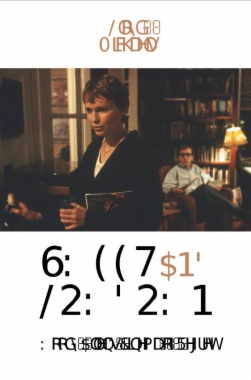Over a career that has spanned more than six decades, Woody Allen has explored the emotion of regret as a response to the existentialist dilemma of not being someone else. Tracing this recurrent theme from his stand-up comedy routines and apprentice work through classics like Annie Hall, Manhattan, The Purple Rose of Cairo, Hannah and Her Sisters, and Bullets Over Broadway as well as less esteemed accomplishments (Another Woman, Sweet and Lowdown, Cassandra's Dream), this volume argues that it is ultimately the shallowness of his protagonists' regret—their lack of deeply felt, sustained remorse—that defines Allen's pervasive view of human experience. Drawing on insights from philosophy, theology, psychology, and literature, the book discusses nearly every Woody Allen film, with extended analyses of the relationship films (including Alice and Husbands and Wives), the murder tetralogy (including Match Point and Irrational Man), the self-reflexive films (including Stardust Memories and Deconstructing Harry), and the movies about nostalgia (including Radio Days and Midnight in Paris). The book concludes by considering Allen's most affirmative resolution of regret (Broadway Danny Rose) and speculating about the relevance of this through-line for understanding Allen's personal life and prospects as an octogenarian auteur.
- Table of Contents
- Acknowledgments
- Preface
- 1. Regret and the Problem of Shallowness
- 2. Apprentice Works
- 3. The Relationship Films
- 4. The Murder Quartet
- 5. The Reflexive Films
- 6. Nostalgia
- 7. To Remedy Regret
- Postscript: Speculations
- Bibliography
- Index

